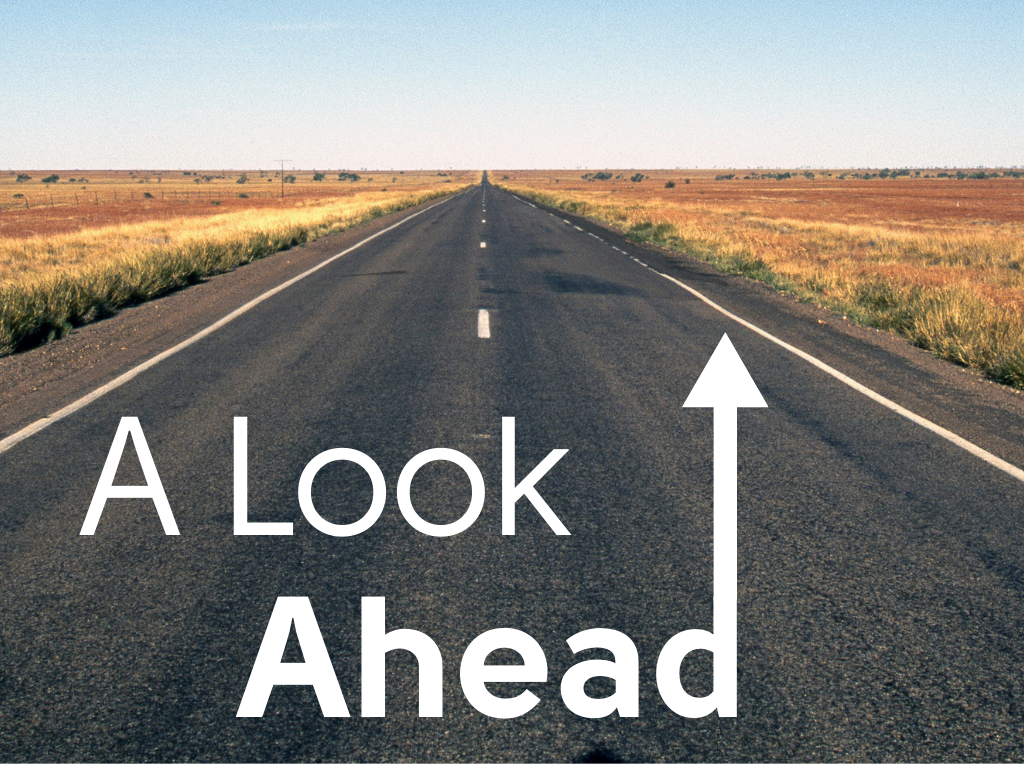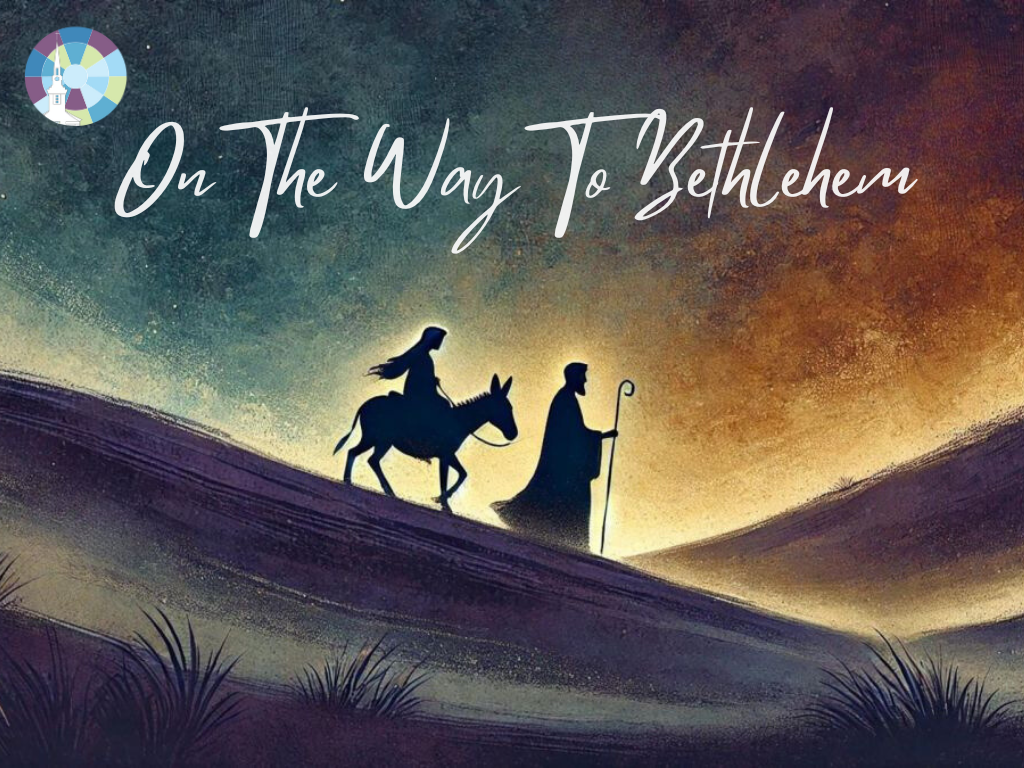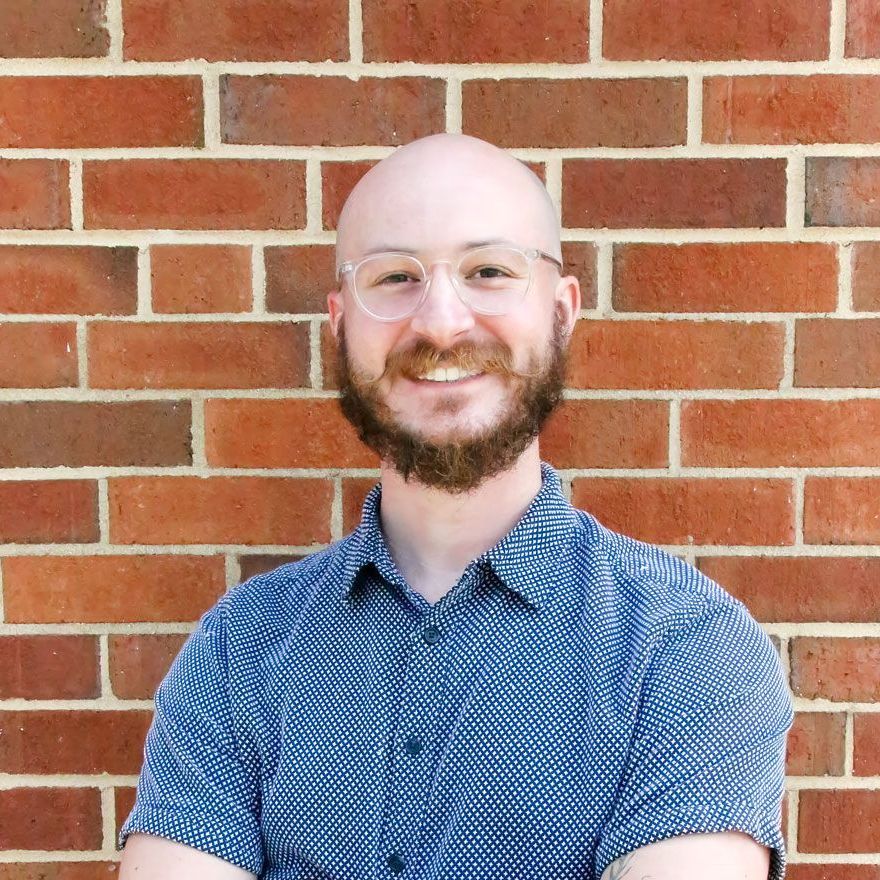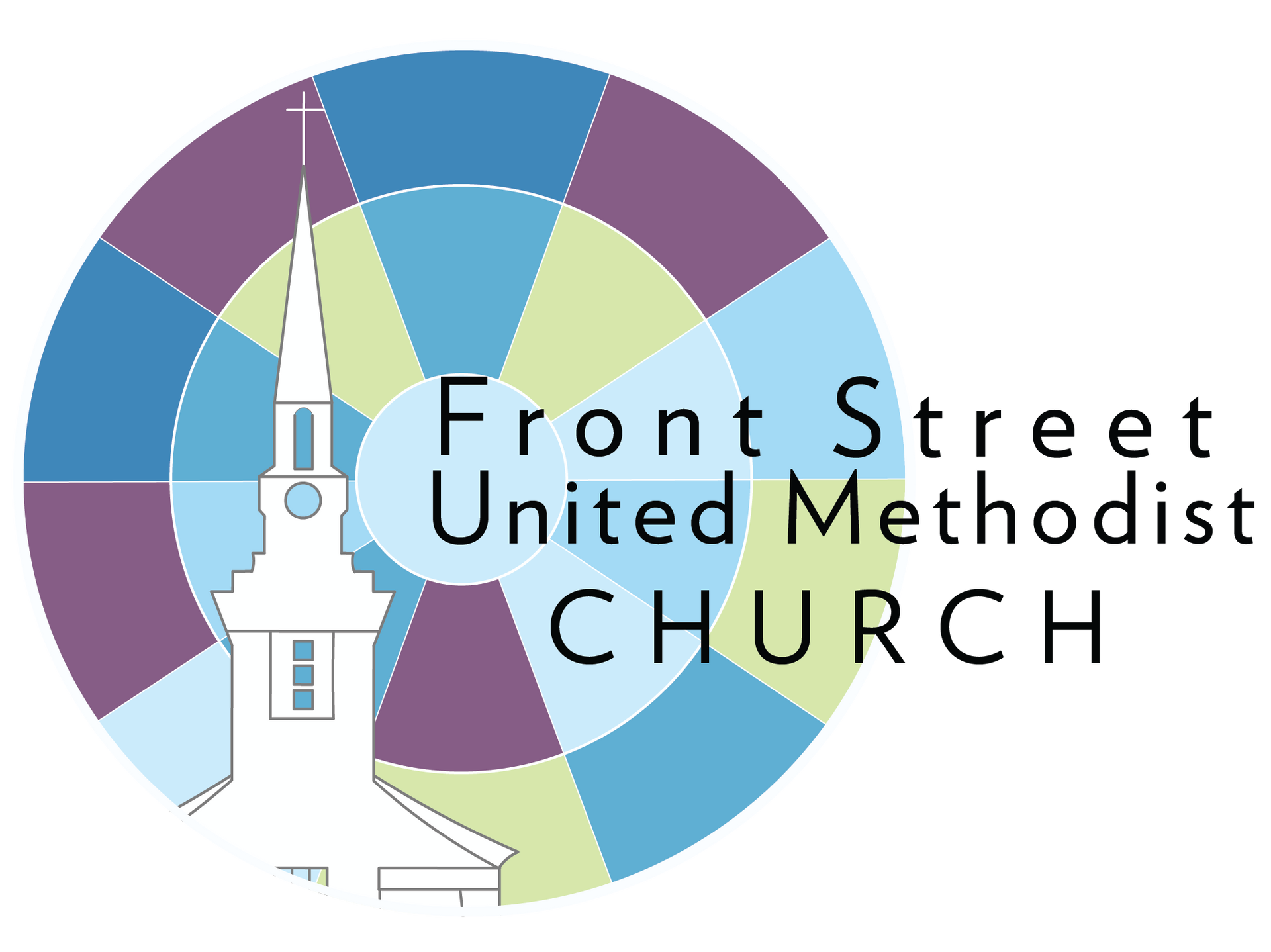What Are We Learning?
These last weeks, living under the shelter-in-place order and wrestling with my anxieties, I’ve begun to reflect on what this difficult season is teaching me. When we emerge on the other side of this pandemic, we will have a choice either to take what we have learned in this crisis and move forward or to continue pining for the way things used to be.
I once heard it said that we don’t learn from experience; rather, we learn by reflecting on our experiences. In spite of the unspeakable tragedy and loss that COVID-19 has wrought, God has been and is still present, and within God’s presence lie opportunities to experience a deepening of wisdom and discipleship. I wonder if you have taken the time to reflect on the lessons that we may learn in the midst of our circumstances? Here are three things that I’ve taken to heart of late.
The first is that we can’t go back. Nothing can be as it was after having experienced this pandemic and its aftermath, and this has parallel in our Christian faith. In Galatians, Paul speaks in a frustrated tone to believers who have been led astray, chasing a counterfeit gospel: “Now, after knowing God (or rather, being known by God), how can you turn back again to the weak and worthless world system?” (Gal. 4:9). Having been claimed by God, Paul says, why would you long for a way of life that was killing you? I believe we are learning what we value most in life right now, and perhaps how in the past we have taken advantage of those things to our detriment. We have an opportunity right now to leave some things behind as individuals and as a society, and to take up practices that give us life and that help us to focus deeply on our faith and on what matters most in life.
My second reflection is this: how we respond to this pandemic shows the world what kind of god or God we believe in. The temptation ever before us tells us to circle the wagons and do what’s best for “us” even at the expense of others. Hoarding, ignoring safety protocols, and refusing to help others when and as we are able: all of these panicked and selfish responses betray our fear. That’s not to say it’s wrong to be afraid, but rather that to act out of that fear shows that we have come to depend too much on ourselves to control or to fix what is wrong instead of placing our trust in the triune God. We have an opportunity right now to express in faith who we know God to be through Jesus Christ and the Holy Spirit: “gracious and merciful, slow to anger, and abounding in steadfast love” — i.e., generous, loving, and empathetic toward the plight of others. How we act in this time reveals who or what we worship as “god.”
Lastly, I have reflected on how the way we treat one another embodies what we believe about what Jesus has accomplished in his death and resurrection. In one of my weekly videos on Facebook I shared a quote from Dietrich Bonheoffer, a pastor and theologian whose life became involved in the struggle to resist Nazism and counterfeit faith in his native Germany, a struggle that cost him his life. Writing from a prison cell in late 1943, Bonheoffer opined, “We must learn to regard people less in light of what they do or what they omit to do, and more in light of what they suffer.” Shifting from judgment to compassion helps us to view people as Jesus does and as Jesus did in Scripture. When Jesus sees the suffering crowds in Matthew 9, he first feels compassion for them such that it wrenches his gut. He viewed them in light of what they had suffered. Such a starting point draws us together instead of divided us, opening the way for God’s love to lead us rather than our rash judgments. We will need that moving forward.
I wonder: what are you learning? What do you hope God will help you to carry forward from this difficult season?
- Pastor Patrick











